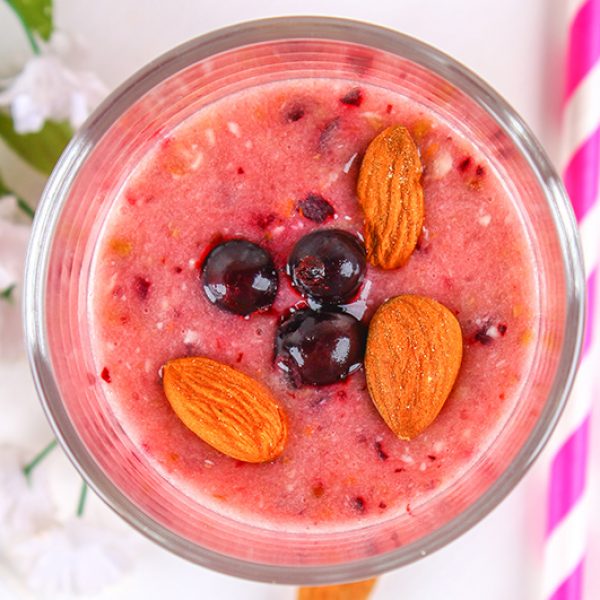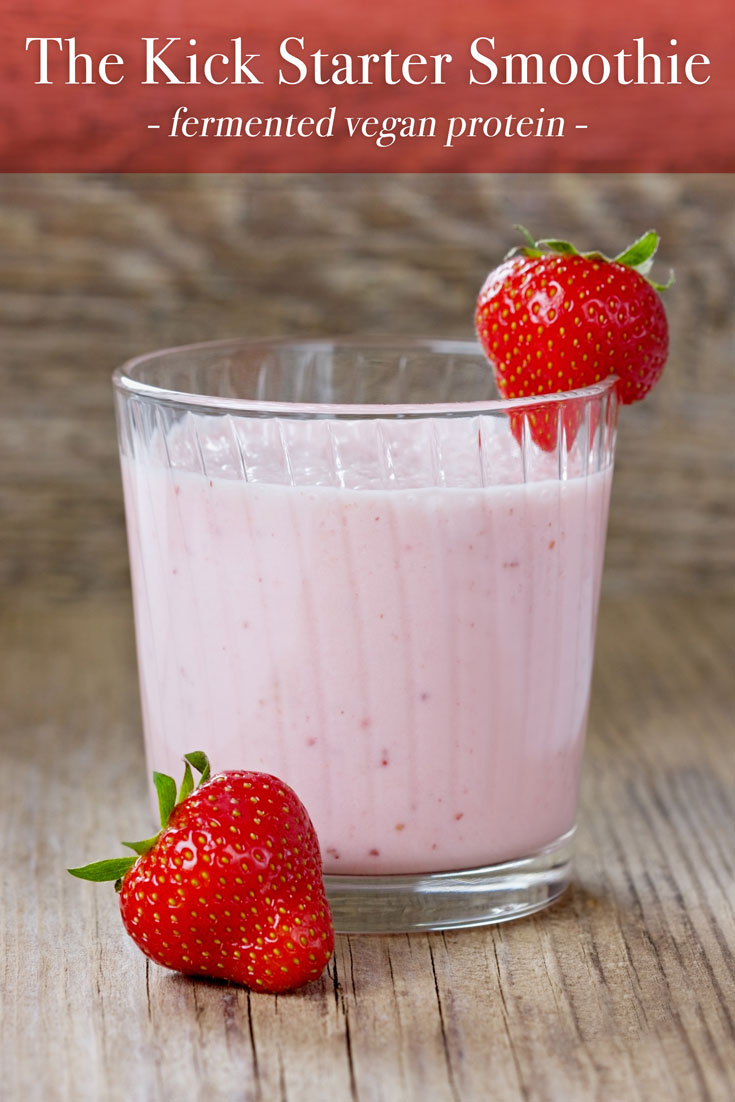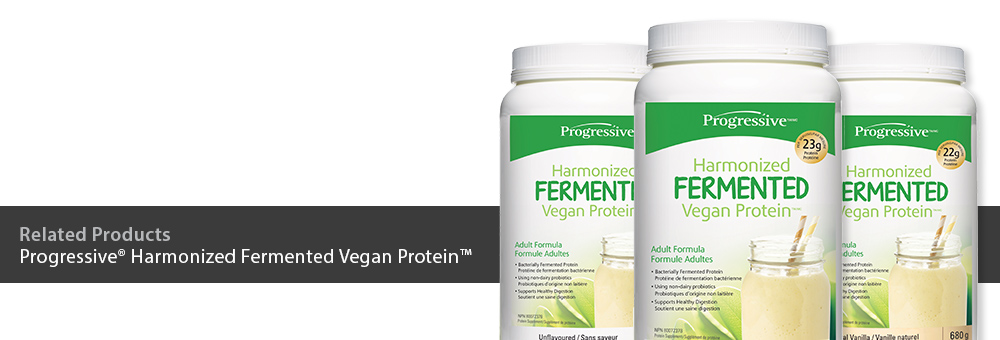

The evolution of plant-based protein
Enter any health food store and you’ll likely see a whole shelf (if not aisle) dedicated to protein supplements. Most products in this space will have the same, standard ingredients: a protein source (whey, casein, plant-based, etc.) and some form of flavour or sweetener.
Naturally, you may have questions – which one will be easiest on my stomach? Which one tastes best? What ingredients will work for me? Let’s begin with the most basic question: animal-based protein or plant-based protein?
The benefits of choosing a plant-based protein are plentiful. For starters, they boast a significantly lower amount of cholesterol and saturated fat than alternatives like dairy-based powder. They also allow for improved digestion because of their high fibre content; a higher concentration of minerals, micronutrients, phytonutrients, and vitamins makes the list too. Plant-based supplements are also the more sustainable option in terms of reducing carbon emissions and water use.
Now that we’ve settled the basics, let’s delve in to the nitty gritty of what you need to look for when purchasing a plant-based supplement.
4 Quick ways to tell the good ones from the bad:
1. Fermentation for Better Digestion
What’s trending in the world of plant-based nutrition right now? Fermentation. Consumers and nutritionists are talking about fermented foods with good reason. Fermentation is a natural metabolic process that has been used for millennia, and when it comes to plant proteins, it’s an absolute must!
Fermentation breaks down the “anti-nutrient” found in grains, nuts, seeds and legumes called phytic acid. Phytic acid is a form of stored phosphorus in plants designed to protect them. For some, this anti-nutrient leads to digestive troubles like gas, bloating and indigestion. Fermentation helps by breaking down these barriers so your gut can work in peace. So, keep an eye out for fermented proteins and fermented foods in general! But especially if you find plant proteins cause gas or bloating.
2. Non-GMO & Organic
Life is never black and white. While some people swear by 100% organic supplements, touting its many benefits, others could care less. Instead of going all in or all out, you can absolutely choose to opt for a middle ground. The main thing to check for in a protein is whether or not the protein source (the main ingredient) is non-GMO and/or organic. The other ingredients, which are included in a much smaller quantity, such as sweeteners or flavours can be overlooked without much concern.
3. Don’t Overlook Taste
You’ve done your research, followed our tips, and narrowed down your choices. The final determinant? Taste and consistency! Many plant-based proteins on the market today are notorious for having a chalky, bland taste. Combined with their lack of mixability, what results is a chunky protein drink with an odd aftertaste.
If you prefer a silky-smooth protein shake that doesn’t clump up in your shaker, look for products that specifically callout their smooth consistency. Harmonized Fermented Vegan Protein by Progressive has gained a following for two reasons: its smooth and velvety texture and its offering of two classic (yet highly addicting) flavours: Chocolate and Vanilla.
4. Synergistic Ingredients
Unless you’re looking for the bare minimum, try to opt for a sophisticated formula. As the saying goes, “you are what you absorb”. So, ensure you get the most from your protein supplement with digestive support ingredients. For example, Progressive’s Harmonized Fermented Vegan Protein contains potent botanicals like papaya and pineapple in addition to non-GMO and organic proteins to help you digest the proteins fully. Corn silk and downy birch are also included as tonics for the liver and kidney.
Looking for a great way to start your day? Try this quick (& not to mention delicious) smoothie!


The Kick Starter Smoothie
Ingredients:
1 scoop Harmonized Fermented Vegan Protein, Vanilla
1 scoop Complete Collagen, Tropical Breeze or Unflavoured
1 tsp OmegEssential® Fish Oil, Natural Orange
1 cup frozen berries
1 cup unsweetened almond milk, or beverage of choice
Directions:
Whirl in a blender until smooth. Drink and enjoy!

